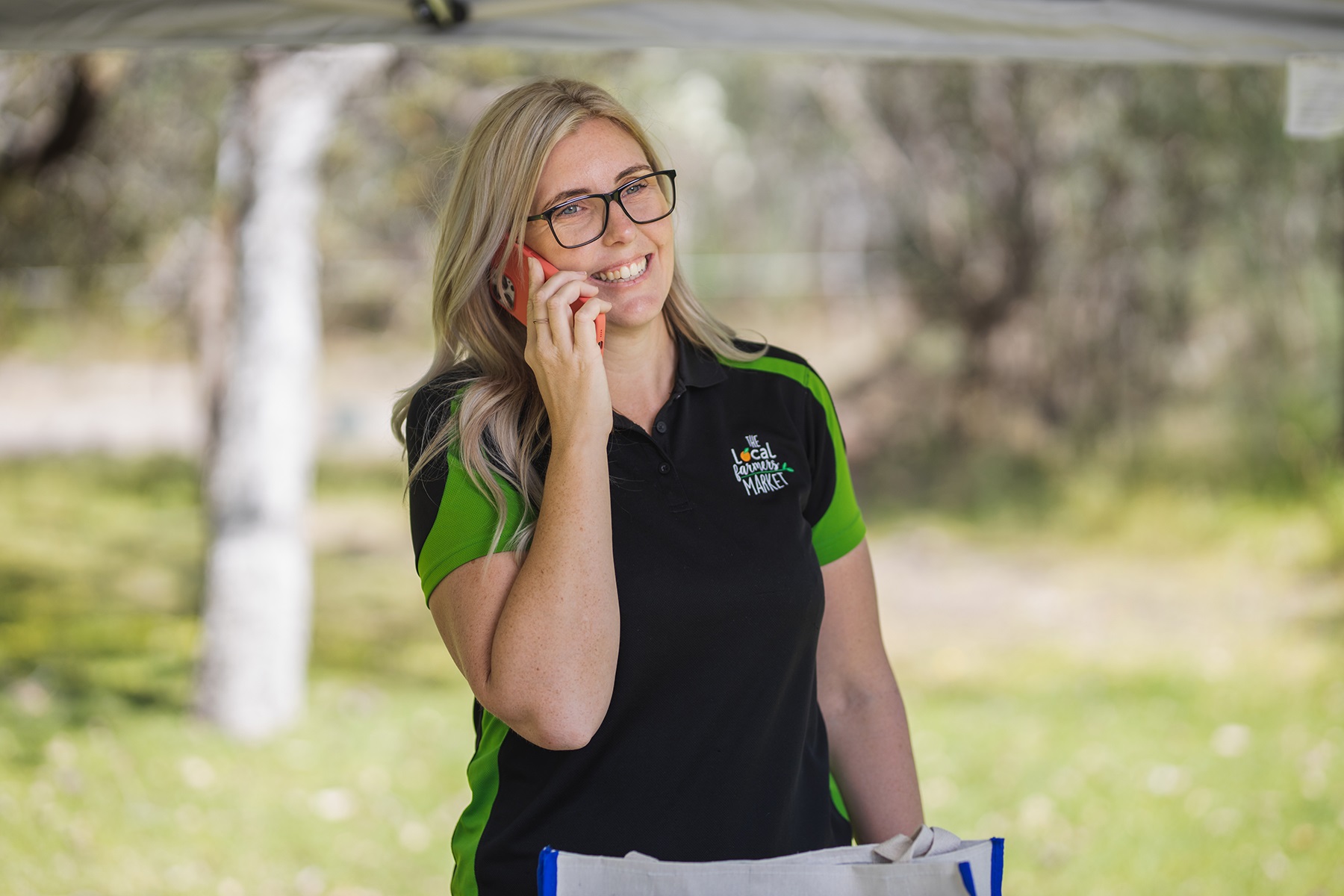Carrying out a couple of quick checks online can help you avoid falling prey to fraudulent sellers and suppliers targeting small business owners.
When looking to purchase products or services for your business, finding a great deal can often be the deciding factor in choosing to buy from. Unfortunately in many cases, a deal that appears to be ‘too good to be true’ is exactly that, and you may end up paying for something you never receive.
We’ve heard from a number of business owners who have been caught out when trying to purchase goods and even businesses online, particularly through websites such as Gumtree. Recent examples include those left out of pocket from fraudulent Gumtree ads for the sale and fit out of food trucks.
If you’re looking to make a purchase for your business, follow these quick tips to ensure you don’t get caught short.
4 tips to help you check the credibility of a supplier
Find out with who you are actually dealing.
- Check their Australian Business Number (ABN) is valid.
- Do an online search of the business name and/or the name of the individual you’re dealing with to find any online reports or reviews providing background on their dealings.
- Ask to speak to other customers/clients.
- For high dollar value purchases, consider paying for a business credit check on the supplier so you can ensure their business is of good standing.
Tip: Be wary when making purchases from websites that don’t have visible feedback/reviews, such as Gumtree.
- Use the Personal Property and Securities Register (PPSR) to check there are no debts or holds on any items you’re looking to purchase. If there is a PPSR claim, you could end up losing your money and the item purchased.
- Don't be afraid to ask the supplier questions about the product or service being purchased, including their policy on refunds, replacements and any other warranties they provide.
- Contact us for advice if a deal seems to be too good to be true or something doesn’t seem right. Our business advisers are aware of many of the common issues/scenarios that have resulted in business owners being out of pocket; we can help you decide on the right course of action to take.
Buying goods from private sellers or second hand
If you’re buying goods from private sellers or at an auction where the auctioneer acts as an agent for the owner you may not be covered by the protections offered by Australian Consumer Law (ACL), such as the right to repairs, replacements and refunds.
Second hand, leased or hired goods are covered by most of the consumer guarantees. If you’re purchasing second hand goods, ask the supplier to provide you with any warranties/guarantees in writing so you have a record.
Buying business assets from overseas
Items purchased from overseas may also not be protected by ACL. Before purchasing assets from overseas, particularly bulky and/or mechanical items, consider what the impact will be to your business operations or finances if the item arrives damaged or stops working. If the supplier does not have a local stockist or service centre that can help you, it’s very likely that you will bear the cost of any repairs and replacements (including additional shipping costs to return the item to the supplier).
Business rights under the ACL
Read the Australian Competition and Consumer Commission’s (ACCC) guide on Business rights under the ACL to understand your rights to repairs, replacements and refunds when purchasing assets for your business.
More information
- Read our guide: Choosing suppliers for more tips on how to choose the best suppliers for your business.
- If you’re thinking of purchasing an existing business, read our 4 vital questions to ask before you buy a business for more useful tips.
- Contact our free small business advisory service. We’ve been helping small business owners in Western Australia for more than 40 years and can provide you with guidance on a range of topics.




